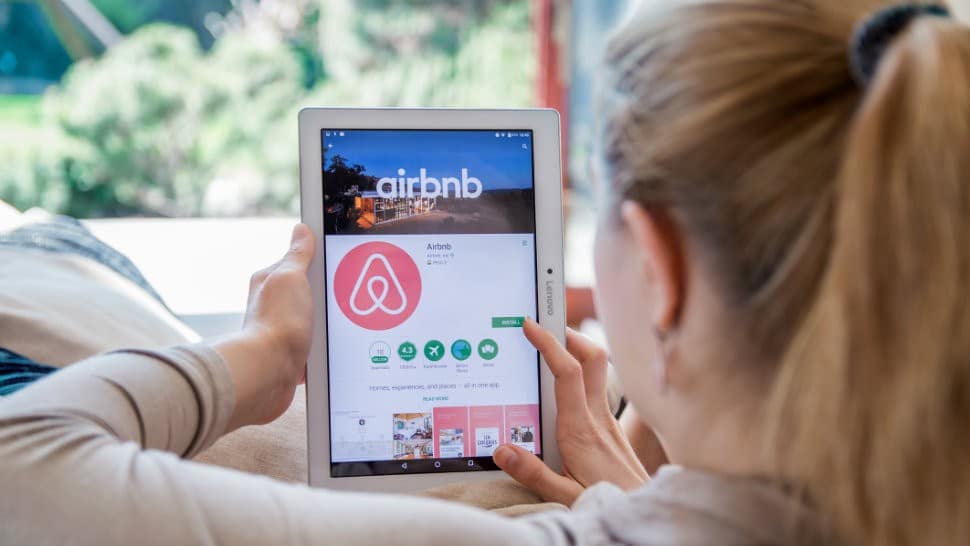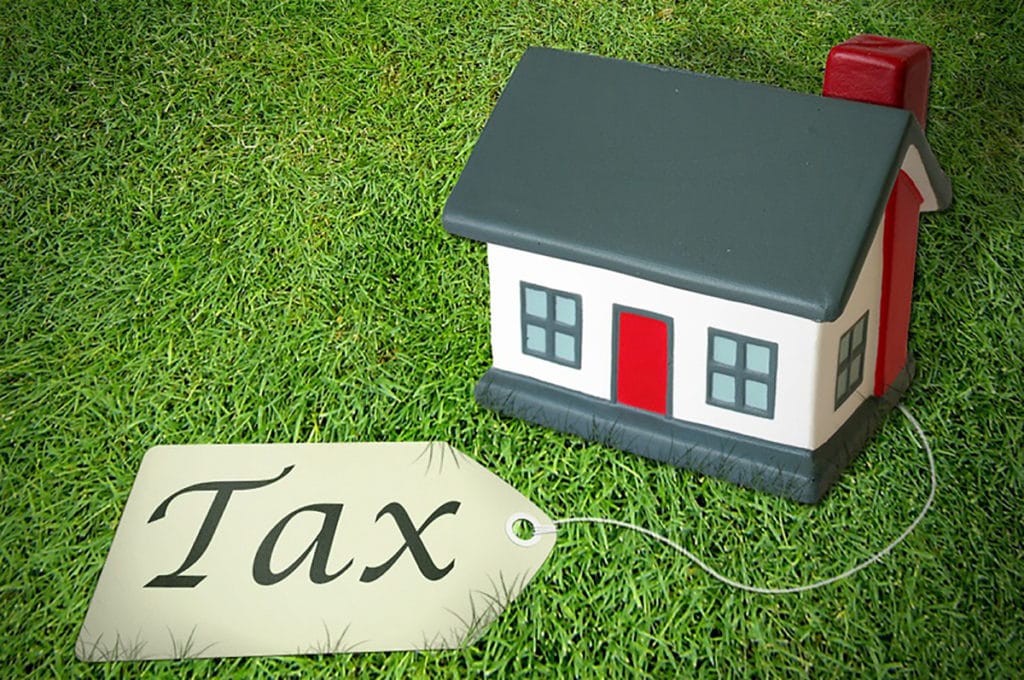Listing a short-term rental with Airbnb or other sites can provide an excellent revenue stream. If you’re willing to make your guests feel welcome and accommodated, it’s even more lucrative. However, the IRS will want its cut when your rental business becomes successful. The IRS expects you to report every bit of income so it can apply the proper taxes. It’s your responsibility to comply with tax laws, and that applies to your Airbnb income too. However, you could be overestimating how much you owe and overpaying as a result. You can avoid paying too much by taking advantage of all the tax tools at your disposal. Follow these simple tax tips to minimize your Airbnb taxes and keep more of your money.
Airbnb & VRBO Tax Reporting
As we mentioned above, the IRS wants all income reported on your tax return. The income from Airbnb is no different and should be treated as 1099 income. In fact, if you reach more than 20K and 200 transactions in a year, Airbnb will submit a 1099-K. It is crucial, that what you report to the IRS matches what Airbnb reports on your 1099-K. Any discrepancies could result in costly penalties and fines.
For more on Airbnb’s 1099 policies, check out this helpful post from the company.
There is one exception to reporting your Airbnb income to the IRS, and it’s the 14-day rule. The 14-day rule stipulates that if you rent your short term rental out for 14 days or less per year, and use the property yourself at least 14 days per year or at least 10% of the total days you rent to others, the income does not need to be reported. If you are renting a room out in your home, the 14-day rule still applies.
Deductions For Your Airbnb And VRBO Business
Deductions are a great way to lower your tax bill, and they also apply to your Airbnb taxes. An Airbnb listing is after all a business and therefore has necessary business expenses that can qualify as deductible expenses. Some of these deductions include:
Utilities
Deductible utilities include water, gas, and electricity. If you are only renting a portion of your home out, you will have to split the cost depending on the amount of business and personal usage. You can only deduct the business portion. To learn more, check out our piece on the home office deduction.
Insurance
You can deduct part of your homeowner’s insurance too. This includes any additional insurance you purchase for your business.
Property taxes
Hosts can also deduct a portion of their property taxes. You have to adjust this expense to account for personal use and business use as well.
Maintenance
Do you pay for a cleaning service? Did you make major repairs or improvements on your rental? You can deduct these costs.
Subscriptions
Does your rental have Netflix or Hulu for your guests? You can write-off expenses like these.
Marketing
Marketing and advertising are necessary business expenses, so they qualify as deductible expenses.
Furniture and household goods
You can deduct the cost of new furniture, linens, and other home goods you purchased for your rental.
Service fees
Deduct Airbnb and other home-sharing service fees to further reduce your taxable income..

Tax Tips & Planning
Tax saving and tax planning can lessen the burden of your Airbnb taxes. It is a good idea to set aside a certain portion, say 30%, of your Airbnb income into a separate account just in case a tax rainy day comes along. This provides a little cushion in the event you owe money at the end of the year.
In addition, it is a good idea to know if you are required to pay estimated taxes. Since the money is not being deducted from your income by an employer, the IRS still wants regular tax payments on a quarterly basis. If you are expecting to owe over $1,000 in taxes, then you will be required to pay estimated taxes. Estimated taxes are part of tax planning. Remitting estimated taxes can help lower your stress and reduce the sticker shock you may feel at the end of the year. However, if you are a W-2 employee you can eliminate your estimated tax obligation by having your employer withhold more from your paychecks.
Lastly, contributing to your IRA can be a huge benefit when it comes to your Airbnb taxes. The IRS allows taxpayers to deduct up to the contribution limit. Last year the contribution limit was $5,500 this year it has increased to $6,000. You have until April 15 to make a contribution for the previous year, so if you are looking for an extra deduction, your IRA is an excellent source.
Working with a tax advisor can help give you an edge where you need it most, saving on your taxes. To learn more about Airbnb taxes and other tax-saving strategies contact Shared Economy Tax for a free one-on-one strategy session with a tax pro today. You can also signup for our newsletter using the form below to get free tax tips delivered to your inbox.
